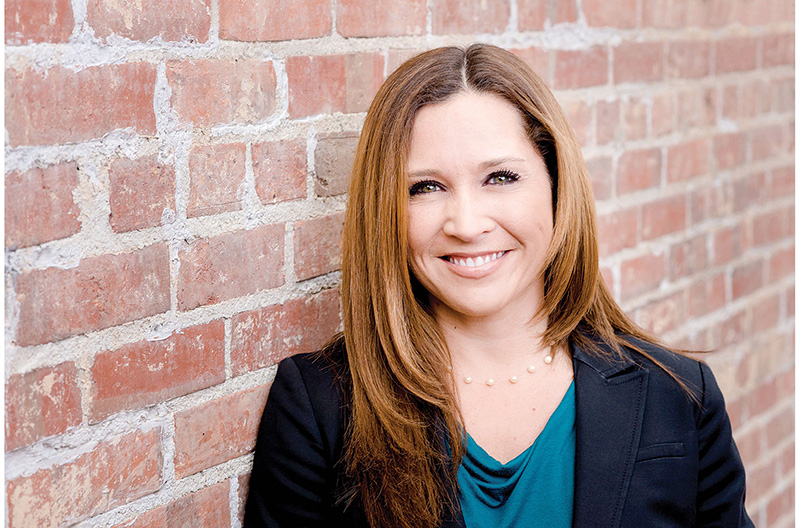FRF educating grocers, other members to ensure they’re prepared to optimize savings
While Florida’s economy has been emboldened by increased tourism, the southern part of the state is still reeling from last year’s hurricane season. But during a recent special session of the state legislature, retailers began to see some light at the end of the tunnel, according to Lorena Holley, Florida Retail Federation VP and general counsel.
The 2022 hurricane season left regions of southern Florida in “complete disarray.” The state was battered by Hurricanes Ian and Nicole, which saw landfalls at Categories 4 and 1, respectively. Ian even surpassed Hurricane Katrina as the deadliest hurricane in the continental U.S. when it hit Florida in late September.
“But federal and state governments are investing to accelerate the recovery,” Holley said. “Governor [Ron] DeSantis also announced $275 million in funding to be awarded to 75 resilience projects to help prepare and protect coastal and inland communities from the impacts of flooding and storm surge for the next hurricane season.”
During the special session, the Senate passed an additional $700 million in funding to support ongoing relief and recovery for communities impacted by the hurricanes.
“Of that $700 million, $50 million in funding was provided to create a bridge loan program aimed to help businesses – including grocers and other retailers – rebuild,” Holley explained.
The recovery loan program was modeled after the Florida Small Business Emergency Bridge Loan Program, which includes interest-free loans “ensuring businesses can recover beyond the storm,” she said.
Alongside recovery efforts, DeSantis has proposed $2 billion in tax cuts in an effort to mitigate rising inflation. These tax cuts include permanent sales tax exemption for baby and toddler necessities, cribs and strollers, over-the-counter pet medications and gas stoves.
He also has proposed temporary sales tax-free holidays for Floridians on a wide range of products, including certain household items, disaster preparedness equipment, outdoor recreation gear and dental and oral hygiene products, according to Holley.
But Holley wants to ensure her organization’s members understand what these policies will entail.
“While we welcome these tax cuts, education on the details is critical for both retailers and consumers,” she said. “The Florida Retail Federation – through our Food Industry Council – is working with the governor, legislators and state regulators to ensure grocers and consumers are properly poised to optimize savings for Florida’s families.”
The proposed tax cuts have estimated savings on a variety of items such as:
- $139 million on baby and toddler necessities, including, diapers and wipes;
- $210 million during the Back-to-School Sales Tax Holiday on school supplies;
- $138 million from a one-year tax exemption on household items under $25 in value;
- $170 million from a one-year exemption for pet food;
- $34 million on over-the-counter pet medications;
- $45 million from a one-year exemption on oral hygiene products including, toothbrushes, toothpaste and mouthwash; and
- $73 million from a one-year exemption on medicinal cosmetics and toiletries.
Florida’s regular legislative session began March 7 and its Retail Days at the Capitol was held March 14-15.
For more information about the association, visit frf.org.

